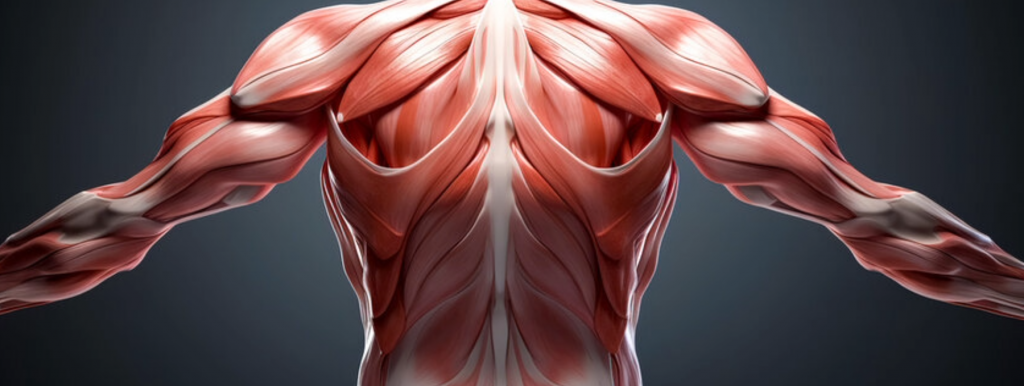Mindfulness, overall sleep quality and alcohol consumption could explain why people who stay up late have a higher risk of depression, according to a new study published in the open access journal PLOS One by Simon Evans of the University of Surrey, UK, and colleagues. Previous research has shown that night owls, who stay up […]
Chrononutrition: The Use of Proteins as a Morning Elixir for Muscle Growth
Proteins are essential for body growth and muscle development. However, protein metabolism varies depending on the body’s internal biological clock. Therefore, it is important to know how distributing protein intake throughout the day affects muscles. Researchers have found that eating protein for breakfast increases muscle size and function in mice and humans, shedding light on […]
Circadian Rhythms Influence Muscle Repair
The body’s internal clock not only determines when we sleep, but also how quickly our muscles heal. A new study of mice by Northwestern Medicine, published in Science Advances, suggests that muscle injuries heal faster when they occur during the body’s natural waking hours. The findings could have implications for shift workers and also prove […]
REM Sleep Influences Our Eating Behavior
Although we know which brain regions are activated during REM sleep, little is still known about the purpose of this activity. Researchers at the University of Bern and the Insel Hospital have discovered that the activation of neurons in the hypothalamus during REM sleep regulates eating behavior: when this activity is suppressed in mice, appetite […]
The Biological Clock Plays a Crucial Role in the Eating Habits of Teenagers Later in the Day
The causes of obesity are complex and influenced by many factors. While research has shown links between sleep, eating habits and weight gain, scientists are still unsure about the role of the circadian system – the biological clock – in shaping eating habits. However, a new study from researchers at Brown University’s Warren Alpert Medical […]
- 1
- 2
- 3
- …
- 26
- Next Page »









